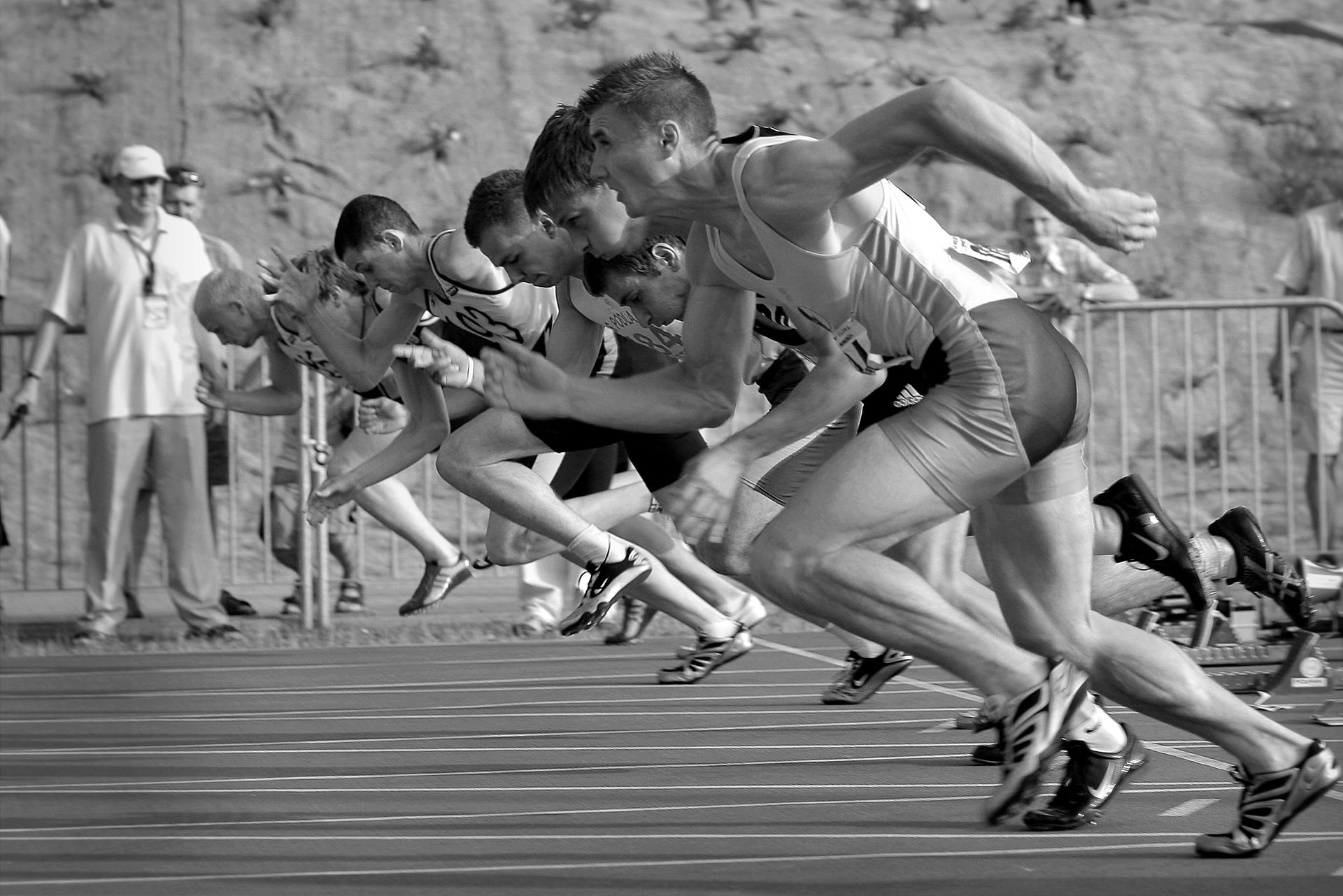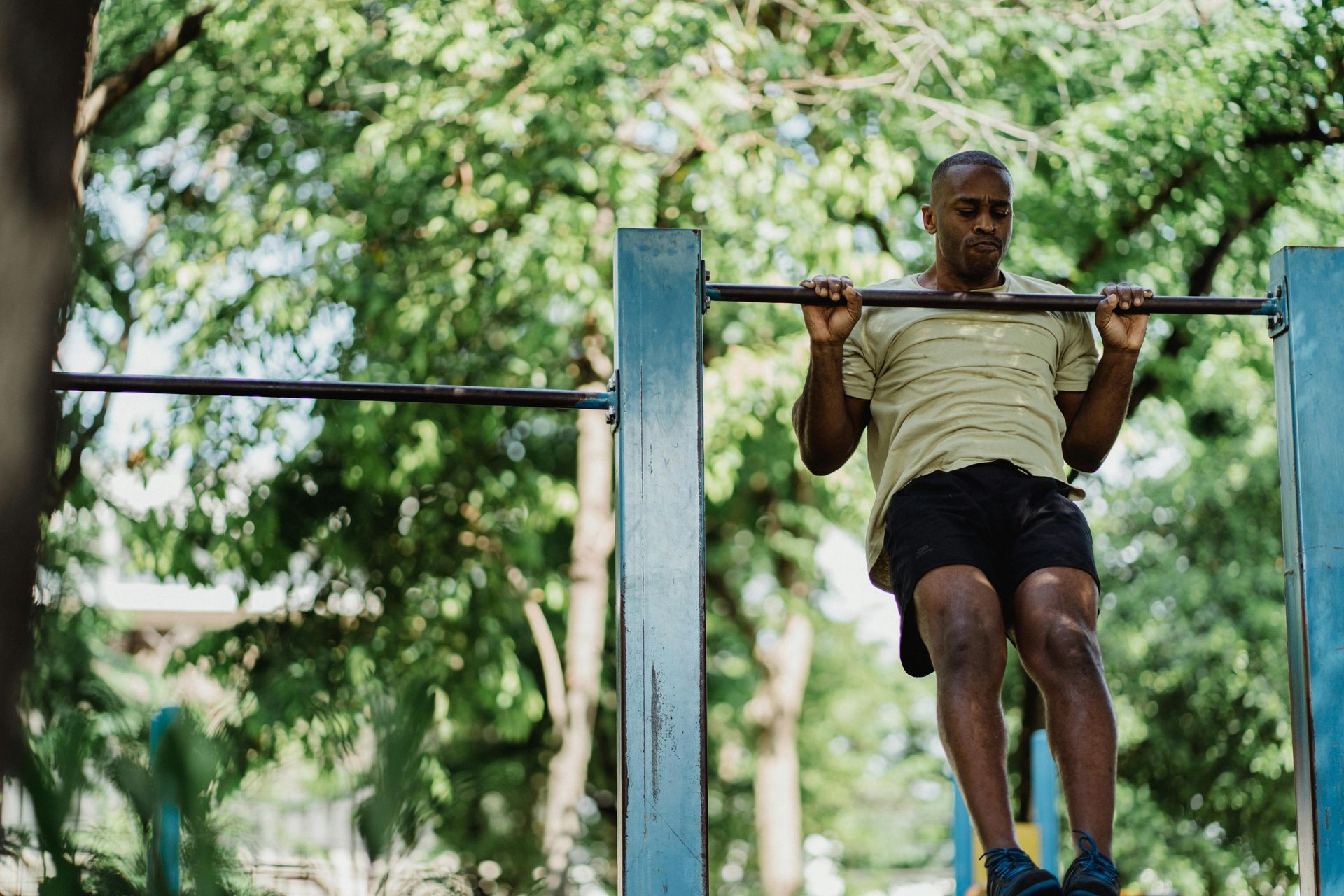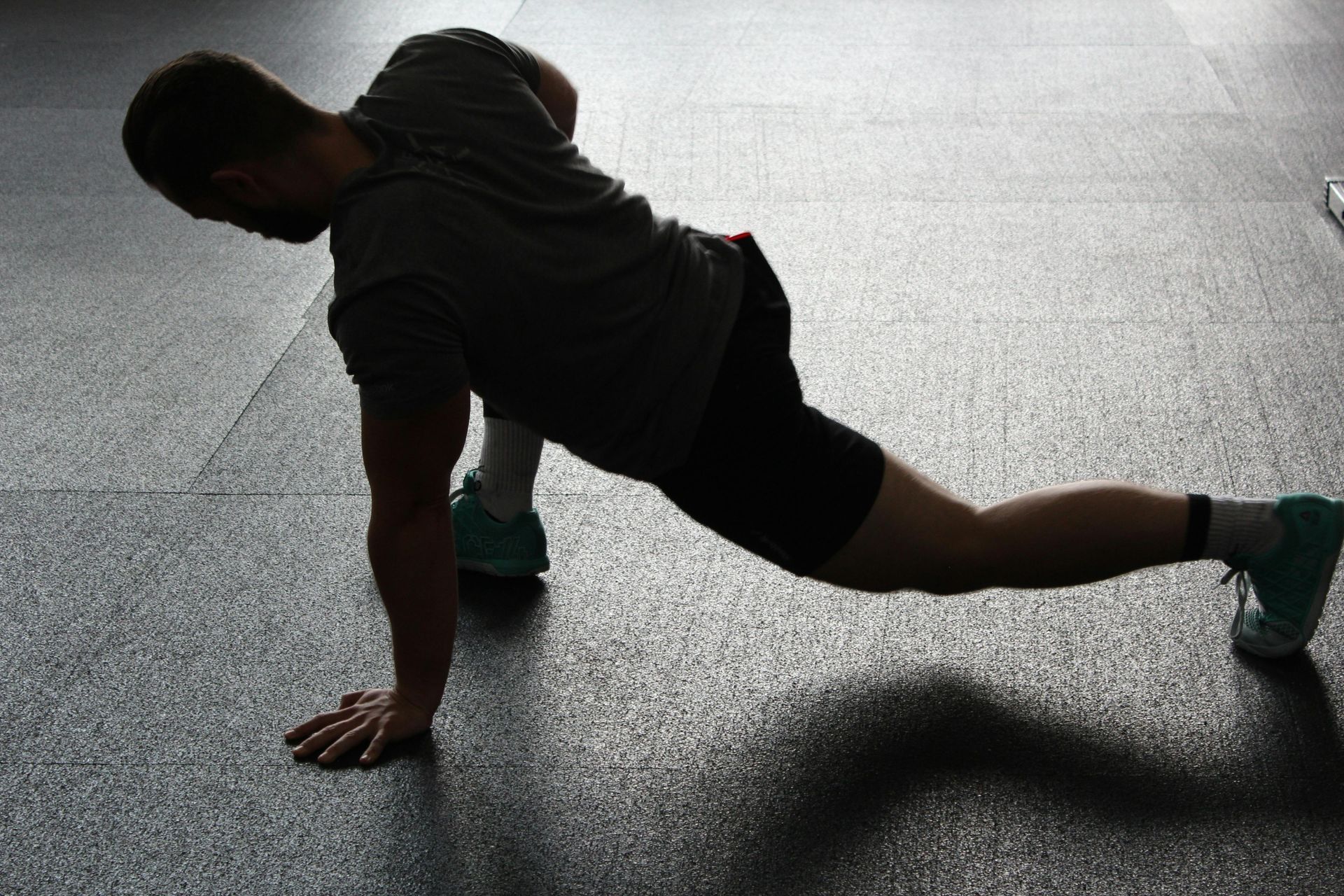Consistent Intensity - Part II
Remember that consistent and intense workouts should be balanced with proper rest and recovery to achieve the best results while minimizing the risk of injury and overtraining. Listen to your body and adapt your workout routine as needed to maintain your overall health and well-being.
When athletes push themselves too hard without adequate balance in their training regimen, they may experience various negative consequences, both physically and mentally. Here are several potential outcomes of excessive training without balance:
- Overtraining Syndrome: Athletes who consistently push themselves beyond their body's ability to recover may experience overtraining syndrome. This can manifest as persistent fatigue, decreased performance, irritability, disturbed sleep, increased susceptibility to illness, and a decline in motivation.
- Increased Risk of Injury: Training excessively without proper rest and recovery can lead to an increased risk of overuse injuries, muscle strains, stress fractures, and other physical injuries. The body needs time to repair and adapt to the stress placed on it during workouts.
- Decreased Performance: Paradoxically, pushing too hard without balance can lead to a decrease in athletic performance. Overtraining can hinder the body's ability to recover and adapt, leading to decreased strength, endurance, speed, and overall athletic performance.
- Hormonal Imbalance: Intense and prolonged training without adequate recovery can disrupt hormonal balance. Elevated levels of stress hormones (like cortisol) and decreased levels of hormones responsible for growth and recovery (such as testosterone) can impact overall health and performance.
- Mental and Emotional Strain: Excessive training can lead to mental and emotional fatigue. Athletes might experience burnout, decreased motivation, irritability, mood swings, anxiety, and depression due to the relentless physical and mental demands without adequate rest.
- Weakened Immune System: Overtraining can compromise the immune system, making athletes more susceptible to illnesses and infections. Constant stress on the body without enough recovery time can weaken the immune response.
- Loss of Passion and Enjoyment: When training becomes excessive and overwhelming, athletes may lose their passion for the sport. Enjoyment and enthusiasm for training can diminish, leading to a decreased desire to participate in activities that were once enjoyable.
- Negative Impact on Relationships: Excessive training can consume an athlete's time and energy, affecting their personal relationships, leading to strained interactions with friends and family.
It's crucial for athletes to find a balance between training, rest, and recovery to optimize performance and maintain overall health and well-being. Understanding one's body, knowing when to rest, incorporating variety in training, and paying attention to both physical and mental health are essential for long-term athletic success.
Listening to the body and adjusting training intensity and volume accordingly is key to avoiding the negative consequences of excessive training. Working with coaches, trainers, and healthcare professionals can also help athletes maintain a balanced training program.
Effective communication between athletes and coaches is a fundamental aspect of maintaining a balanced fitness program.
If an athlete is experiencing any of the issues related to excessive training, it's crucial to take action and seek help to address these concerns.
CLICK Newer Post > for Part III








